International
Opponents at the Embassy of Argentina in Venezuela, waiting for a permit that does not arrive
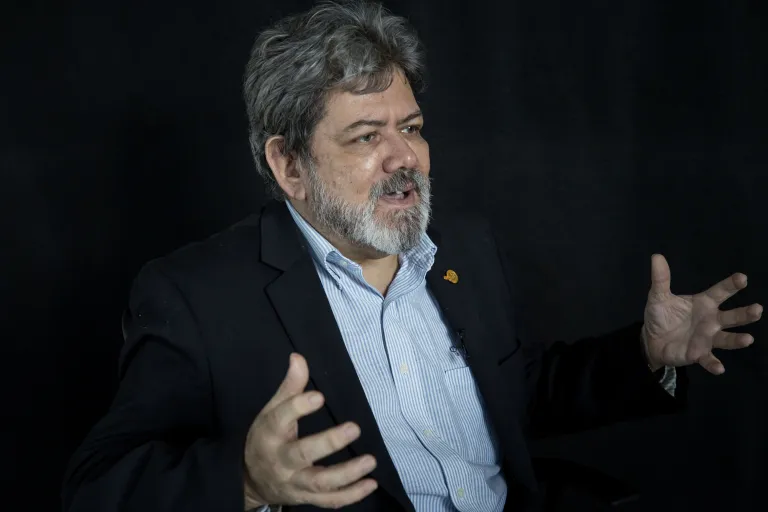
Six Venezuelan opposition members are asylum at the Embassy of Argentina in Caracas waiting for the Government of Venezuela to grant the safe-conducts to leave the country. A possibility classified as mandatory in the Convention on Diplomatic Asylum (1954), but of “limited” application in practice, experts say.
Although the convention says that “the asylum State can request the departure of the asylum seeker for foreign territory,” and expressly indicates that “the State is obliged to give immediately (…) the corresponding safe-conduct.” “Except in case of force majeure” is added, without specifying more, which leaves the door open to different criteria.
For Simón Gómez, professor of International Law at the Andrés Bello Catholic University, “force majeure” is a concept “on which there is a relative general acceptance of its meaning.” It refers to “circumstances resulting from a natural tragedy” that prevent “conferring the safe conduct.”
But the president of the College of Internationalists of Venezuela, Juan Francisco Contreras, told EFE that it must be located in 1954, the year in which the convention was created, when many countries “had military and dictatorial regimes.” So “a kind of window was always left to be able to justify some kind of denial.”
For these reasons, both agree that Venezuela could not argue “force majeure” to deny safe conduct. However, they recall that there are examples of governments that have denied safe conducts citing the article of the convention that states that “it is not lawful to grant asylum” to people who, when requested, “are indicted or prosecuted” before “competent ordinary courts and for common crimes.”
A recent example is the case of Ricardo Martinelli, former president of Panama who was in asylum at the Embassy of Nicaragua, whom Justice sentenced to 10 years in prison for money laundering. A conviction that served as an argument for Panama to deny the safe conduct.
The opposite case is that of Pedro Carmona, who, after an unsuccessful coup d’état against Hugo Chávez in 2002, sent to the Colombian Embassy in Caracas. Although he was accused of rebellion, Chávez himself granted a safe-conduct.
“I must say that, in the face of the sovereign decision (…) of the Colombian Government to grant diplomatic asylum to Dr. Carmona (…) in the next few hours I will issue the safe-conduct to leave Venezuela (…). We are obliged from the point of view of International Law,” Chávez said in May 2002.
The Government has not yet confirmed whether it will approve or deny the safe conduct to the opponents, but the vice president of the United Socialist Party of Venezuela (PSUV), Diosdado Cabello – without a charge in the Executive -, assured that he refused.
On May 30, Argentina demanded from Venezuela “the immediate issuance of safe-conducts,” in “compliance” with the 1954 Convention.
However, for José Bruzual, professor of Public International Law at the Central University of Venezuela, this case “is not resolved solely with legal criteria.”
“It’s a dilemma from the beginning. The Asylum State has the power to grant asylum, but the territorial State can argue about the nature of the crimes and refuse to grant the safe conduct. In practice, those people can stay there for a long time,” he added.
The six opponents took refuge at the Embassy of Argentina after the Prosecutor’s Office accused them of several crimes, such as conspiracy and treason, among others.
According to the convention, the asylum officer “will take into account” the information of the territorial government on the crimes, but “his determination to continue the asylum or demand the safe conduct for the persecuted will be respected.”
If Venezuela denies the authorization, the convention does not contemplate that any international organization orders the issuance of the permit, so “there is no way to force the country to give the safe conduct,” said expert Contreras.
The asylum seekers at the Embassy of Argentina are Pedro Urruchurtu, Magalli Meda, Claudia Macero, Humberto Villalobos – all members of María Corina Machado’s party -, former deputy Omar González and Fernando Martínez Mottola, adviser to the opposition coalition Plataforma Unitaria Democrática.
International
Chile declares state of catastrophe as wildfires rage in Ñuble and Biobío

Wildland firefighting crews are battling 19 forest fires across the country, 12 of them concentrated in the Ñuble and Biobío regions, located about 500 kilometers south of Santiago.
“In light of the severe fires currently underway, I have decided to declare a state of catastrophe in the regions of Ñuble and Biobío. All resources are now available,” the president announced in a post on X.
Authorities have not yet released an official report on possible casualties or damage to homes.
According to images broadcast by local television, the fires have reached populated areas, particularly in the municipalities of Penco and Lirquén, in the Biobío region, which together are home to nearly 60,000 people. Burned vehicles were also reported on several streets.
“The Penco area and the entire Lirquén sector are the most critical zones and where the largest number of evacuations have taken place. We estimate that around 20,000 people have been evacuated,” said Alicia Cebrián, director of the National Disaster Prevention and Response Service (Senapred), in an interview with Mega TV.
In recent years, forest fires have had a severe impact on the country, especially in the central-southern regions.
On February 2, 2024, multiple wildfires broke out simultaneously around the city of Viña del Mar, located 110 kilometers northwest of Santiago. Those fires resulted in 138 deaths, according to updated figures from the public prosecutor’s office, and left approximately 16,000 people affected, based on official data.
International
Former South Korean President Yoon sentenced to five years in prison
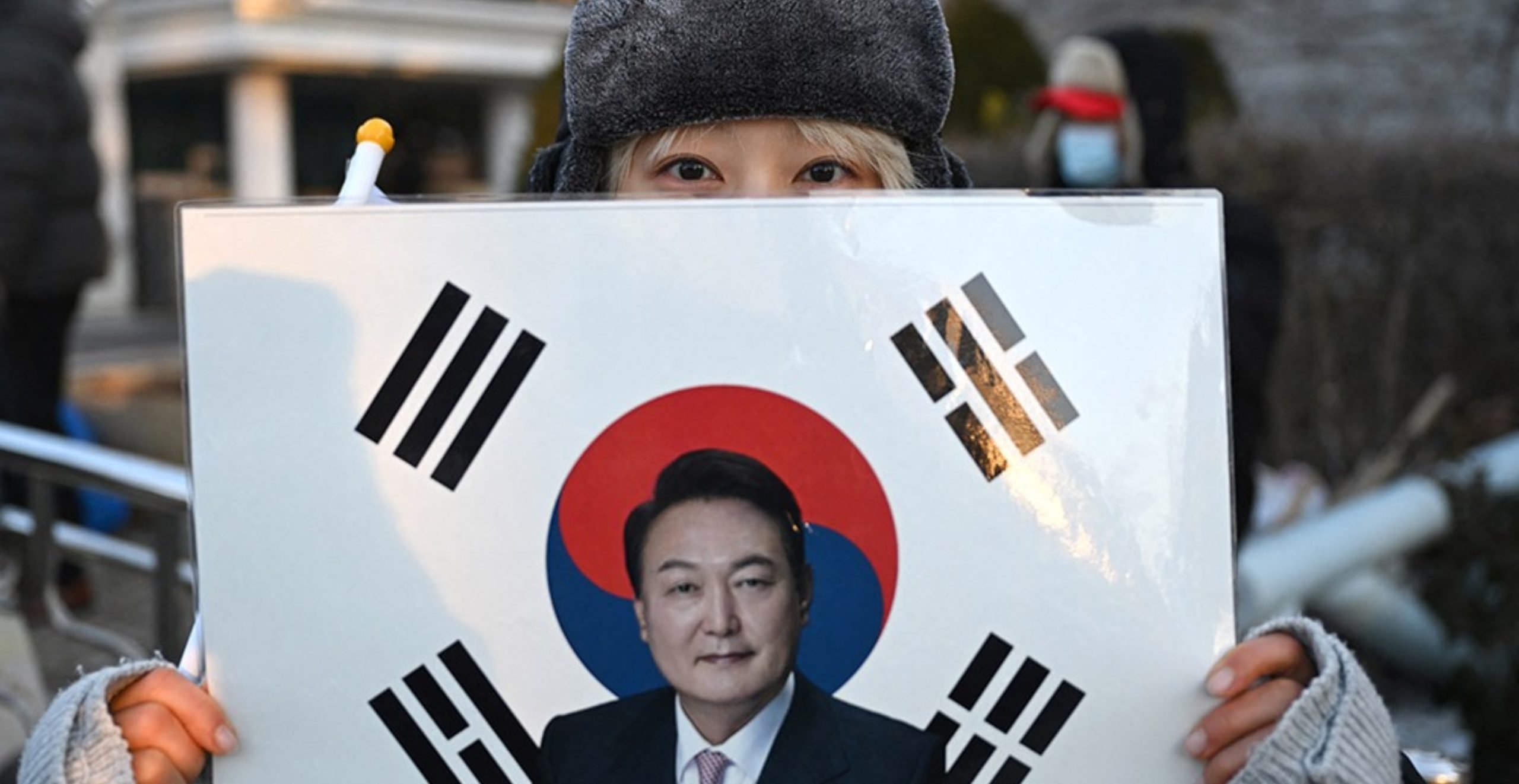
Former South Korean president Yoon Suk-yeol was sentenced on Friday to five years in prison for obstruction of justice and other charges, concluding the first in a series of trials stemming from his failed attempt to impose martial law in December 2024.
The sentence is shorter than the 10-year prison term sought by prosecutors against the 65-year-old conservative former leader, whose move against Parliament triggered a major political crisis that ultimately led to his removal from office.
Yoon, a former prosecutor, is still facing seven additional trials. One of them, on charges of insurrection, could potentially result in the death penalty.
On Friday, the Seoul Central District Court ruled on one of the multiple secondary cases linked to the affair, which plunged the country into months of mass protests and political instability.
International
U.S. deportation flight returns venezuelans to Caracas after Maduro’s ouster
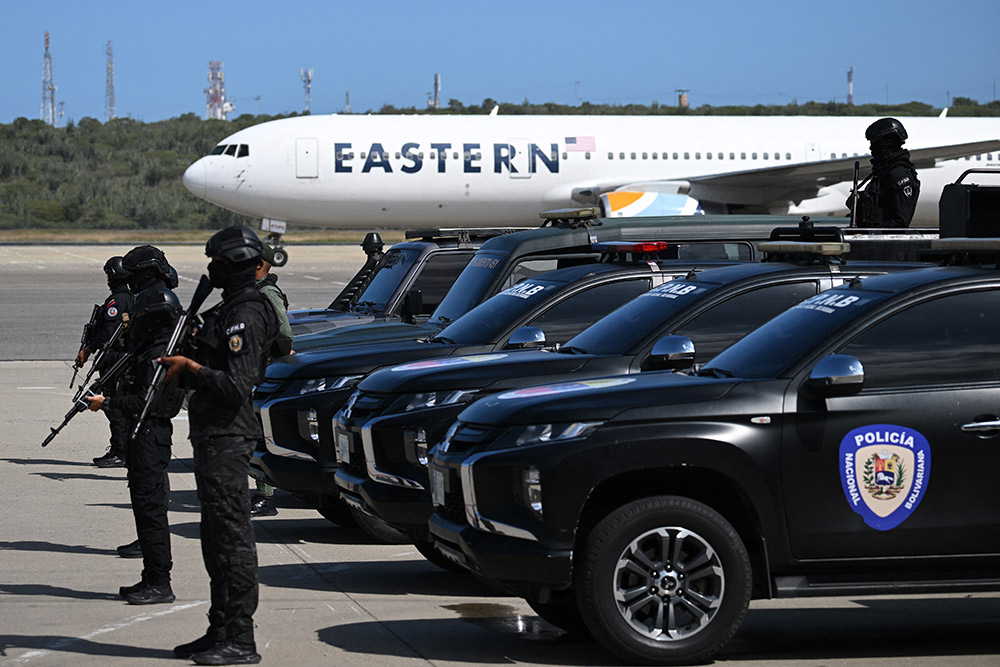
A new flight carrying 231 Venezuelans deported from the United States arrived on Friday at the airport serving Caracas, marking the first such arrival since the military operation that ousted and captured President Nicolás Maduro.
On January 3, U.S. forces bombed the Venezuelan capital during an incursion in which Maduro and his wife, Cilia Flores, were captured. Both are now facing narcotrafficking charges in New York.
This was the first U.S.-flagged aircraft transporting migrants to land in Venezuela since the military action ordered by President Donald Trump, who has stated that he is now in charge of the country.
The aircraft departed from Phoenix, Arizona, and landed at Maiquetía International Airport, which serves the Venezuelan capital, at around 10:30 a.m. local time (14:30 GMT), according to AFP reporters on the ground.
The deportees arrived in Venezuela under a repatriation program that remained in place even during the height of the crisis between the two countries, when Maduro was still in power. U.S. planes carrying undocumented Venezuelan migrants continued to arrive throughout last year, despite the military deployment ordered by Trump.
-
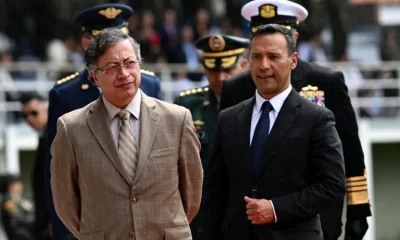
 International5 days ago
International5 days agoColombian Defense Chief Meets U.S. Officials to Advance Bilateral Narcotics Strategy
-

 International4 days ago
International4 days agoUkraine declares nationwide energy emergency amid russian attacks and extreme cold
-

 Central America4 days ago
Central America4 days agoBukele warns crime can become a ‘parallel government’ during visit to Costa Rica
-

 International2 days ago
International2 days agoU.S. deportation flight returns venezuelans to Caracas after Maduro’s ouster
-

 International4 days ago
International4 days agoIran closes airspace amid U.S. threats and deadly nationwide protests
-

 International4 days ago
International4 days agoX moves to block Grok from creating sexualized images of real people amid legal scrutiny
-

 International4 days ago
International4 days agoHillary Clinton skips Epstein inquiry as house panel threatens contempt charges
-

 International4 days ago
International4 days agoFrance joins Denmark’s ‘Operation Arctic Resistance’ in Greenland amid U.S. tensions
-

 International4 days ago
International4 days agoU.S.–Denmark tensions escalate as Trump pushes NATO to back U.S. claim on Greenland
-

 International4 days ago
International4 days agoUK Intelligence estimates russian casualties in Ukraine at over 1.2 million
-

 Central America13 hours ago
Central America13 hours agoGuatemala prison uprisings leave 46 guards held by gangs
-
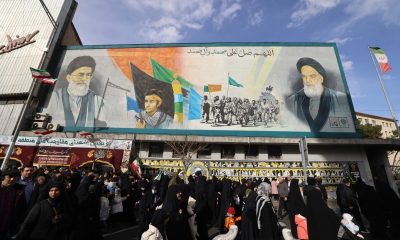
 International2 days ago
International2 days agoCanada accuses Iran of killing its citizen during anti-government unrest
-
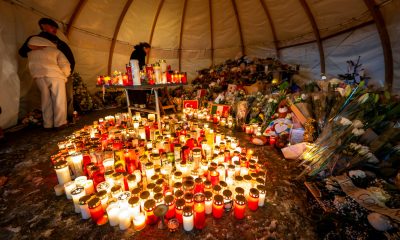
 International4 days ago
International4 days agoSwiss Canton of Valais Grants Emergency Aid to Victims of Crans-Montana Bar Tragedy
-
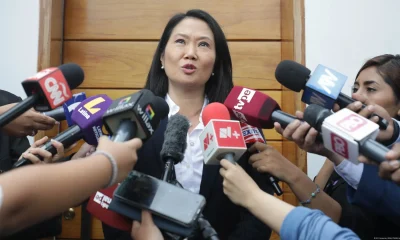
 International5 days ago
International5 days agoPeruvian Court Orders Definitive Dismissal of Money Laundering Case Against Keiko Fujimori
-

 International2 days ago
International2 days agoSheinbaum highlights anti-drug gains after U.S. says challenges remain
-

 International4 days ago
International4 days agoU.S. to suspend visa processing for applicants from 75 countries
-

 International2 days ago
International2 days agoFormer South Korean President Yoon sentenced to five years in prison
-

 International13 hours ago
International13 hours agoChile declares state of catastrophe as wildfires rage in Ñuble and Biobío


























